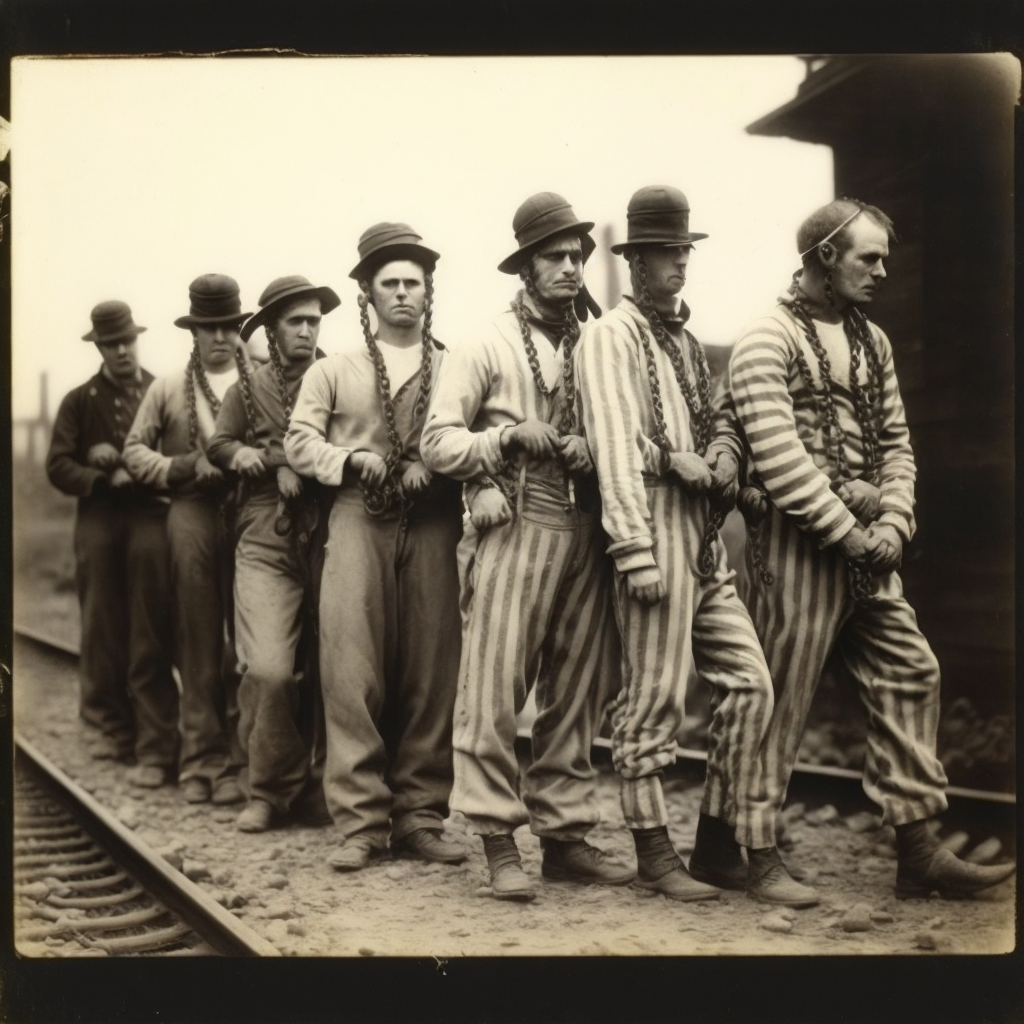
It was early 1860 and America was ramping up towards Civil War. John Morris sat nervously in the dimly lit room, the flickering candle casting eerie shadows across the walls. He had heard whispers of a secret society operating in the upland counties of northern Arkansas, but he never expected to find himself sitting amongst its members. The Arkansas Peace Society, as they called themselves, was a loose affiliation of local anti-Confederate groups that had formed in response to Arkansas’s secession from the Union.

Morris had always been a Unionist at heart, but he knew expressing his feelings openly was a dangerous game. The Confederates controlled northern Arkansas, and anyone suspected of supporting the Union was swiftly arrested and punished. But the members of the Arkansas Peace Society were different; they were willing to risk everything to protect their beliefs.
The society operated like a secret brotherhood, with its own constitutions, oaths, passwords, and signs. Morris was fascinated by the society’s dedication to their cause and couldn’t help but admire their bravery. A yellow rag or ribbon displayed outside a member’s home was a symbol of their affiliation, earning them the Confederate nickname of “yellar rag boys.”

But the secrecy of the Arkansas Peace Society couldn’t last forever. Local citizens’ committees charged with rooting out subversives were the first to take action against the society. In Izard County, forty-seven supposed society members were imprisoned, and Colonel Samuel Leslie soon followed suit, filling the Burrowville courthouse with suspects. In December of 1861, seventy-eight people were marched in a chain gang south to Little Rock, a journey that took six grueling days. Morris was one of them.
As he sat in that dimly lit room, Morris couldn’t help but feel like he was part of something bigger than himself. The society may have been broken up, but the spirit of resistance still burned brightly in the hearts of its members. In fact, many of the members, including Morris, ended up fighting for the Union, contributing approximately ninety percent of the state’s soldiers fought for the Union.
But the secrecy of the Arkansas Peace Society continued to haunt Morris, even as he fought alongside his fellow Union soldiers. He knew that expressing his pro-Union sentiments openly could still land him in hot water, and he had to be careful who he confided in. The memory of the society and their dedication to their cause never left him.
Years later, Morris would look back on his time in the Arkansas Peace Society with a sense of pride and awe. They may have been a loose affiliation of local groups, but they were a force to be reckoned with. Their dedication to their cause and their willingness to risk everything for their beliefs made them a mystery to those who opposed them.
Today, the Arkansas Peace Society is a footnote in history, but for Morris and the other members, it was a defining moment in their lives. The secrecy of the society may have been their downfall, but it was also their greatest strength. They were a mystery to those who opposed them, a brotherhood of rebels who refused to be silenced.

